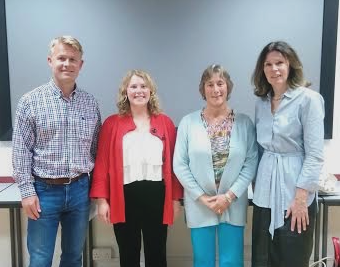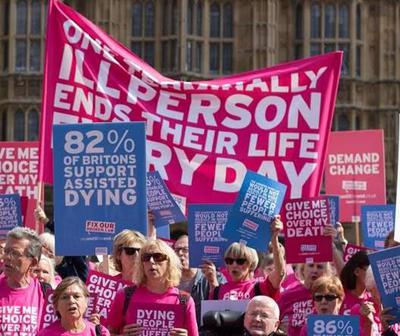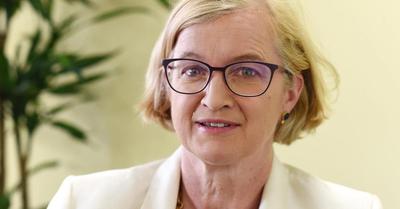
Surrey Meeting Learns Why Group Wants Britain’s Law On Assisted Dying To Be Changed
Surrey Meeting Learns Why Group Wants Britain’s Law On Assisted Dying To Be Changed
More than 50 people were welcomed to a meeting of the Dignity in Dying movement by national CEO Sarah Wootton, invited by the West Surrey branch chair Marie-Louise Papworth to her group’s fourth meeting, held at Surrey University on Monday (September 23).
Ms Wootton outlined the aim of Dignity in Dying to new members and other in the audience, which is to campaign for a law change that would allow assisted dyin









 Filters & Sorting
Filters & Sorting